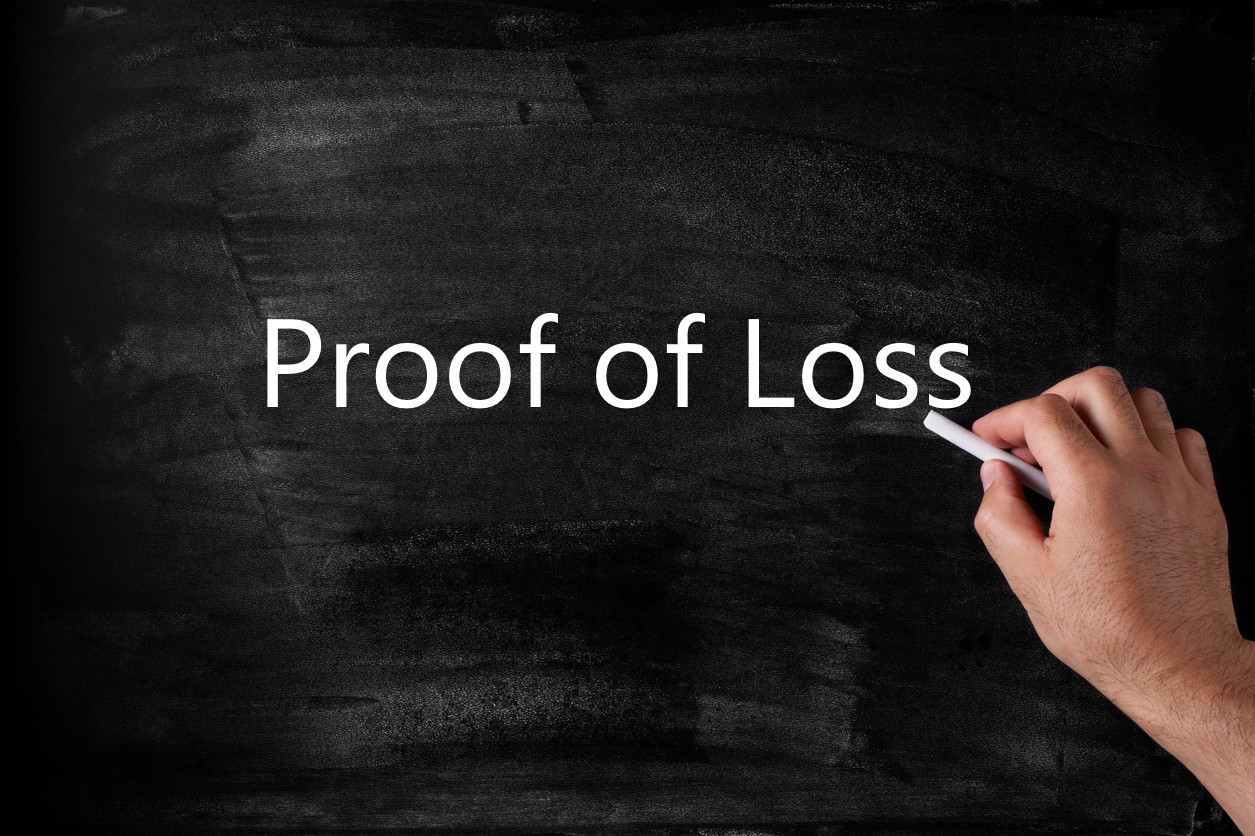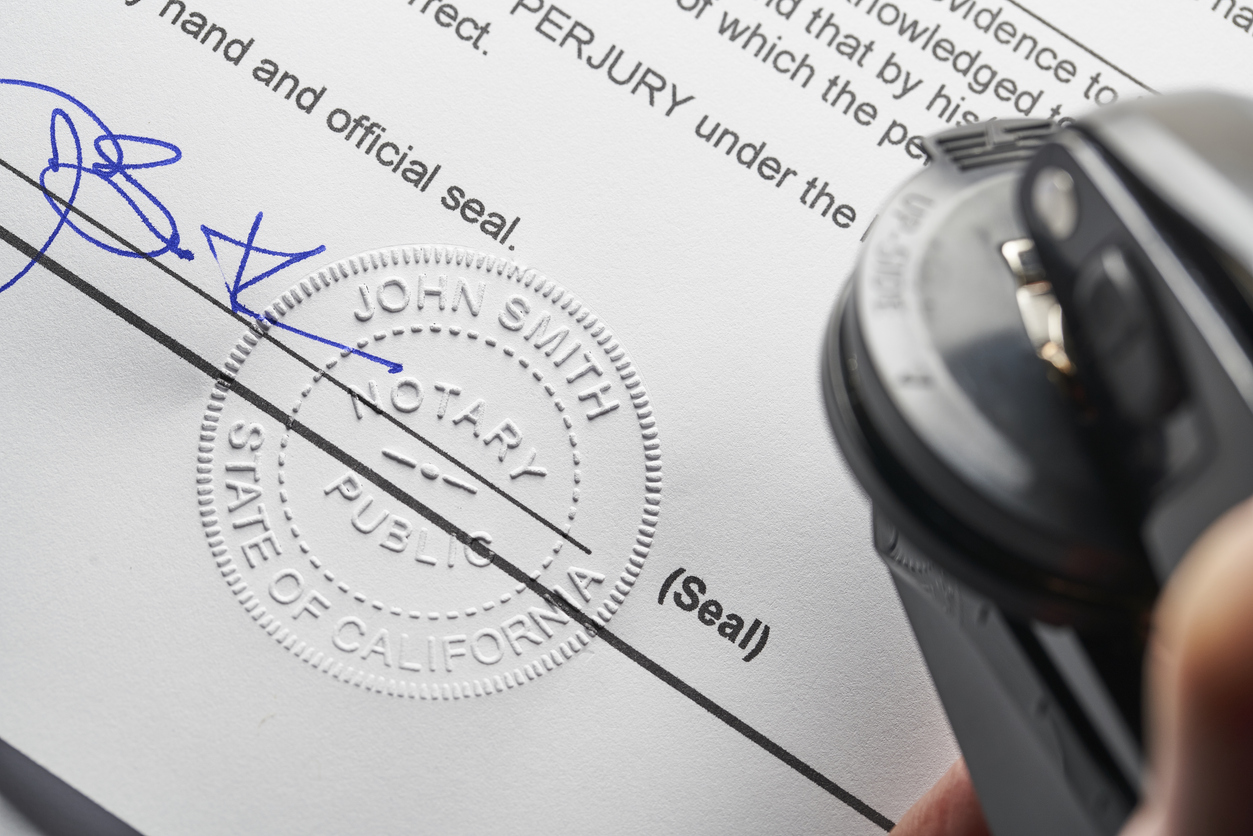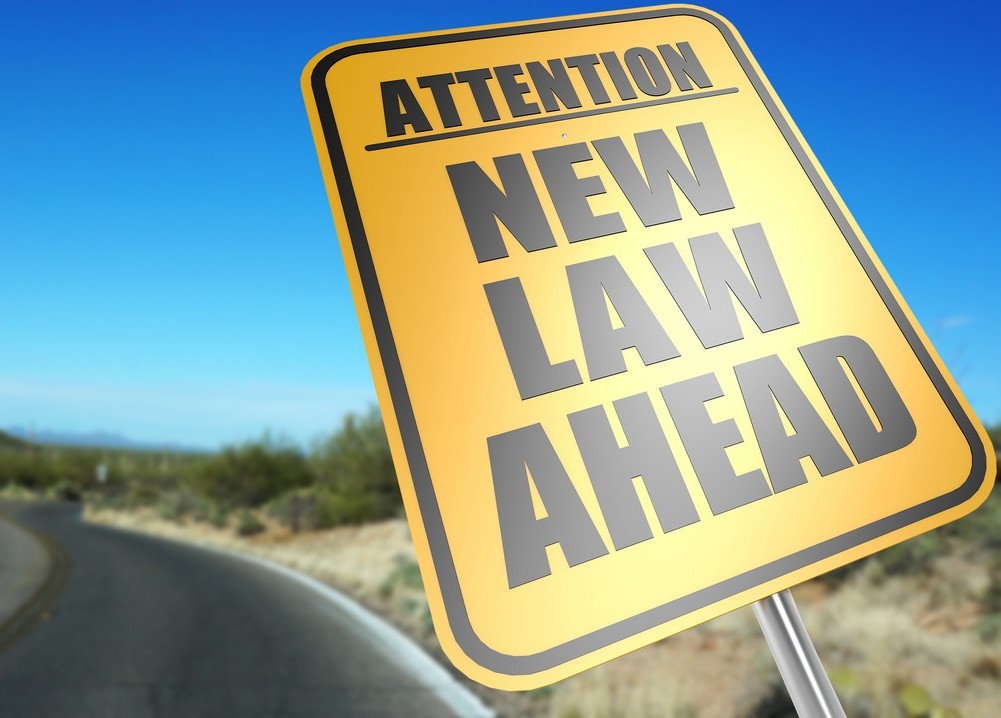Public adjusters cannot practice law. Every state in the union has this restriction. Every public adjuster should read Merlin Law Group attorney Larry Bache’s 2014 post, The Big Don’t for Public Adjusters: Practicing Law Without a License. He noted:
[I]t is clear that a Texas licensed public adjuster is authorized to negotiate claims on behalf of policyholders on a contingent basis. However, a public adjuster should not argue existing case law or statutes and make clear to the policyholder that an attorney may be needed if a dispute over coverage manifests itself.The most common example that I see is a public adjuster citing case law in letters to the carrier. Even worse, I have seen public adjusters disagreeing with an attorney’s application of a case in writing. This will get a public adjuster in trouble.
“In trouble” means that if an insurance company attorney or adjuster turns a public adjuster in for doing this activity, the public adjuster should expect to be disciplined and possibly lose their license. Attorneys have an ethical obligation to notify the Bar when others are practicing law without a license. They should also notify the insurance regulators. So, please do not practice law if you are a public adjuster. Otherwise, you may find yourself doing a different line of work.
This past Sunday morning, I gave a virtual speech and presentation, The Professional Public Adjuster in The Roaring Twenties, to the Florida Association of Public Insurance Adjusters. The speech was about professionalism, ethics, and the various duties of public adjusting. I made a point that public adjusters should not fill out, complete or provide advice about how to prepare a valid Civil Remedy Notice, which is needed to file a Florida bad faith lawsuit, because those actions are the practice of law.
I then had public adjusters contact me after the speech. They seemed surprised by what I said. I was later told that they knew of a public adjusting firm they believed tells their potential clients they will do these services for them as part of their public adjuster services.
Eleven years ago, in, Public Adjusters Have Many Ethical Obligations, Including Not to Practice Law, I wrote:
One of the most difficult ethical aspects of public adjusting is to not practice law. Many non-lawyers do this everyday. When representing an individual as a public adjuster, it is easy to overstep adjusting duties and provide advice or take an advocate position on legal rights. This is clearly practicing law. Regarding the unauthorized practice of law in Florida, the Florida Supreme Court has explained:
In determining whether the giving of advice and counsel and the performance of services in legal matters for compensation constitute the practice of law, it is safe to follow the rule that if the giving of such advice and performance of such services affect important rights of a person under the law, and if the reasonable protection of the rights and property of those advised and served requires that the persons giving such advice possess legal skill and a knowledge of the law greater that that possessed by the average citizen, then the giving of such advice and the performance of such services by one for another as a course of conduct constitutes the practice of law.
Filling out Civil Remedy Notices of Insurer Violation in a manner that is going to withstand critical legal challenge is not an easy task and is becoming a legal study of greater complexity for all attorneys. I cannot imagine how one without legal training, study, and skill can do it properly. It requires study of case law, statutory law, and then applying facts to these so that a notice can withstand legal attack when a bad faith lawsuit is filed. It forms the basis for any first-party bad faith complaint in Florida. It has nothing to do with adjusting duties nor something public adjusters are trained and regulated to do.
So, if a policyholder needs to have a Civil Remedy Notice completed, please make certain a licensed lawyer does it. If you are a public adjuster and do this, expect that insurance companies and others will file complaints with the Department of Financial Services and that your license could be in jeopardy because you are practicing law. Further, the Florida Bar could also take action against you for the unauthorized practice of law. Public adjusters must follow ethical rules and be vigilant to not practice law.
I also find it ironic that many public adjusters know more about property insurance law than some pretend property insurance lawyers. In the above-mentioned blog post written over a decade ago, I noted:
Frankly, many public adjusters know far more law and practical suggestions involving legal aspects of property insurance policies than most attorneys. I find it humorous that a Houston personal injury firm that just started doing property insurance coverage cases is going to provide a seminar to public insurance adjusters. Most public adjusters we deal with have years of experience and could give seminars to attorneys in this field of work. You do not become really good in this field without experience. I have been doing this for twenty-five years, and I learn from some of the most brilliant minds in the insurance claims recovery business everyday—public insurance adjusters.
Still, we all have to abide by the ethical rules of our professions. One of a lawyers ethical considerations is to teach others about what constitutes the practice of law and tell others when they are breaking the law and urge them to stop.
Hope you can check in today at 2 PM Est for my quick Friday at 2 forum on recent developments in property insurance. Here is the link to the livestream.
Thought For The Day
On ‘Van Halen,’ I was a young punk, and everything revolved around the fastest kid in town, gunslinger attitude. But I’d say that at the time of ‘Fair Warning,’ I started concentrating more on songwriting. But I guess in most people’s minds I’m just a gunslinger.
—Eddie Van Halen




